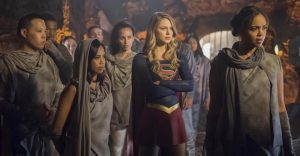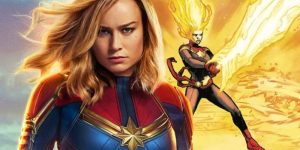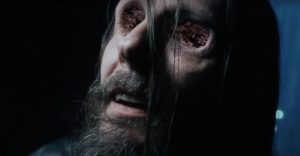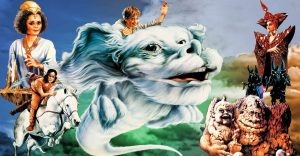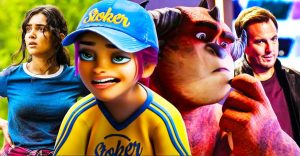Why Marvel’s Original STAR WARS Comics Aren’t Canon

Between the Star Wars movies, novels, TV shows, video games, and comic books that make up the expanded universe, it can be hard to distinguish what is considered TRULY canon to the primary film series. Fans with a knack for comic books might be particularly attached to the Marvel Star Wars series, which ran from the first movie’s opening in 1977 all the way through to 1986, the end of the first trilogy. Sadly for them, the collection – all 115 issues of it – are no longer canon. Yet.
The canon for the Star Wars universe has gotten complicated since Disney bought Lucasfilm and the Star Wars franchise in 2014. When it comes to what IS canon, it’s safe to consider anything after that 2014 date as approved by the new story group, and therefore official canon to the films. But when deciding what ISN’T canon, Disney made it clear the new Lucasfilm leadership wouldn’t be beholden to the stories that came before (outside of the actual films). Thus everything they produced became the new canon, and everything else was rendered non-canonical, re-branded as ‘Legends.’ And that includes the comics published under George Lucas’s watch, but not Disney’s.
But what does it mean for something to not technically be canon? After all, those stories can’t be unheard, or unread. In practice, it means events in the film universe, or in screenplays and novelizations (which are already a bit fuzzy, depending on who you ask) are not dependent on, or affected by, plots in the Marvel comics, novels, or other series. In some cases, that means massive stories–like Han and Leia’s three children as told in the Star Wars: Legacy of The Force novels–are rendered non-canonical, replaced by the films’ Ben Solo/Kylo Ren. Other storylines, however, are a bit more difficult to erase.

When fans were understandably upset to hear the expanded Star Wars universe they loved no longer ‘happened,’ or suddenly ‘didn’t matter,’ the new storytellers were quick to respond. During a publishing panel at San Diego Comic-Con 2014, members of the Lucasfilm story group clarified the classification of previous novels and comic books as Star Wars ‘Legends.’ Del Rey Publishing Editor Shelly Shapiro explained that fans shouldn’t be defensive, or see the move as an attack on the novels released under her supervision. Just because they don’t dictate the films, that doesn’t mean they didn’t still happen:
Even though they would no longer be part of a Star Wars official history, they’re still stories that mean something, and they can mean something to you, even if they didn’t ‘happen.’ That they are legends. And legends are big, and legends are exciting, and legends are special, and you can read them, and tell them, and love them. And then we also read history, and we retell that, and love it, and that gets retold until it’s a legend too. So that’s why we called it Legends… So it wouldn’t get shoved off too far to the side, and treated like it never happened.
In other words the original Star Wars comics, like the many novels published before 2014, are referred to by many as ‘secondary canon.’ Their validity is unclear enough to prevent them from dictating story, but can still possibly be referred to by primary canon, and be returned to canon as a result. Fans need look no farther than Solo: A Star Wars Story and its Legends Easter Eggs for evidence. Take the Dancing Goddess of the Godoans, as seen in Marvel’s original Star Wars #99, and rendered canon in Solo (seen above). Or the many Lando Calrissian novels alluded to in the same film, returned to canon by reference. And based on all evidence, the many more examples still to come.
The events in the non-canon works still have a lot of depth (115 issues is no small feat) and can be thoroughly enjoyed, but they simply won’t affect the plots of modern films, novelizations, or even modern comics that have been made post-2014–unless specified otherwise by the primary canon works. Thanks to this minimized official canon, fans of Star Wars can always expect to be surprised by future works and twists added to backstories of beloved characters. Even if they’ve read some of them before…
About The Author











